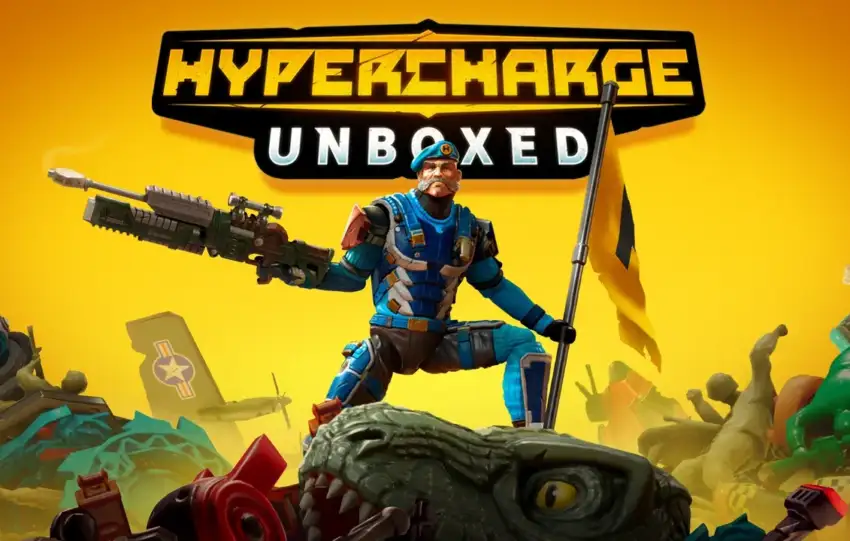Console Wars Start!
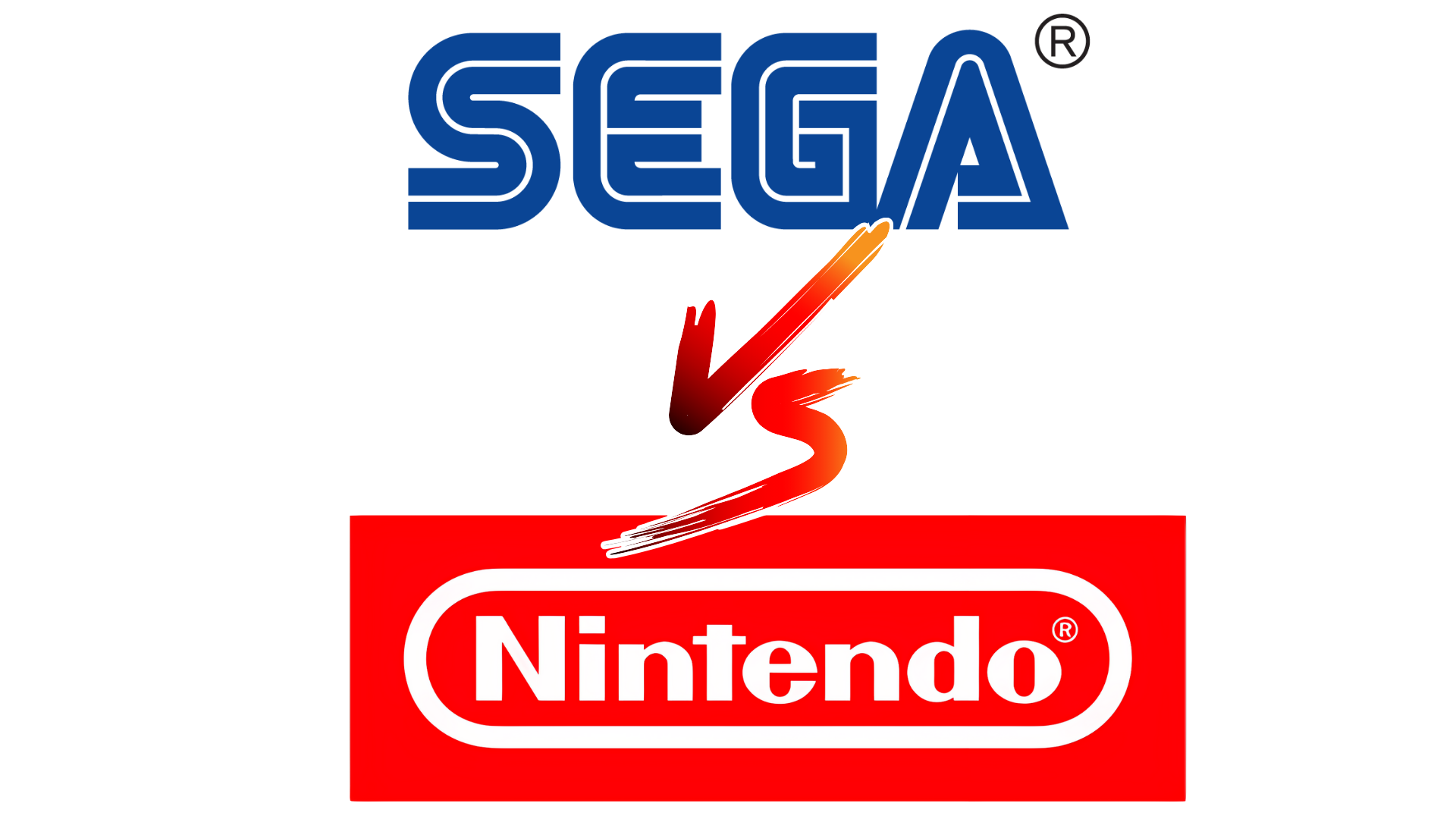
Since 1989, when Sega Genesis first entered the market, the console wars have been a driving force behind the gaming industry’s evolution. However, as of 2025, the battle has shifted, with Microsoft’s decision to expand its games to multiple platforms bringing an end to the era of strictly platform-exclusive titles. On the other hand, Nintendo, under the leadership of legendary Satoru Iwata, has remained steadfast in its pursuit of exclusive games, staying true to the strategy that helped them secure victories in the console wars time and time again. As Nintendo pushes forward with the Switch 2, their strategy continues to demonstrate the undeniable power of exclusive games, both from a player’s perspective and an investor’s view.
Microsoft’s Changing Strategy

In 2013, Microsoft shifted focus away from exclusive first-party games with the launch of the Xbox One. Instead, they made massive studio acquisitions and announced that they would be releasing their games across multiple platforms, including PC, Switch, and PS5. The rise of PC gaming and the increasing trend of multi-platform releases marked a new era where exclusive games were no longer seen as a must for success. But the question remains: Is this move good for players?
By opening the floodgates to a broader audience, Microsoft has removed some of the excitement and exclusivity that used to define the console experience. With games like Halo and Gears of War once exclusive to Xbox, the shift to multi-platform releases has resulted in games being available to everyone, often at the expense of the quality and uniqueness of the experience.
Nintendo and Their Plumber
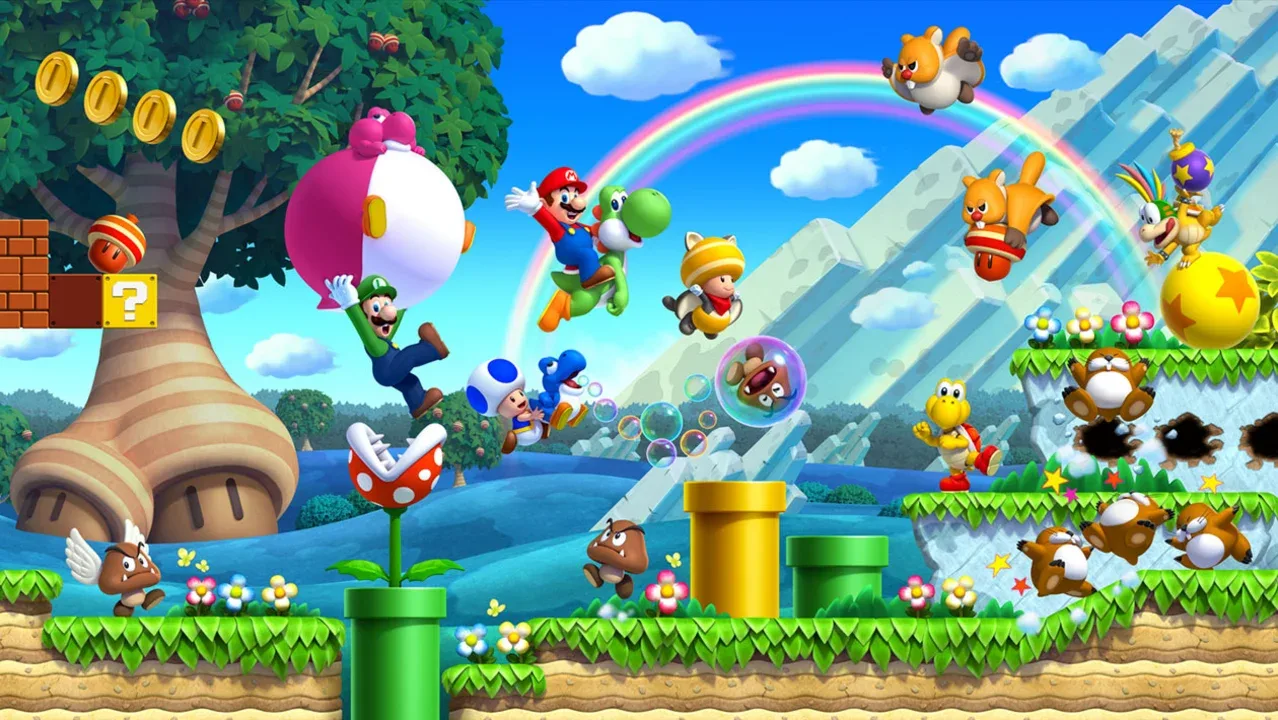
While Microsoft and Sony have ventured into the realm of cross-platform play, Nintendo has remained committed to its exclusive games strategy since the release of the Nintendo Entertainment System in 1985. This commitment reached its peak in 2017 when Nintendo launched the Switch, a hybrid console that combined handheld and home console experiences. Despite its lower hardware specifications compared to its competitors, Nintendo managed to captivate gamers with a lineup of exclusive games that became iconic in the industry.
The Legend of Zelda: Breath of the Wild and Super Mario Odyssey were two massive titles that launched with the Switch, quickly becoming benchmarks for exclusive games. The combination of well-optimized hardware and an incredible lineup of exclusive games helped propel the Switch to sales of over 125 million units, making it the second-best-selling console of all time. This success has demonstrated how exclusive games can directly contribute to a platform’s market dominance.
Deep Meaning of Exclusive Games

For players, exclusive games are far more than just tools to sell consoles—they offer an opportunity to experience high-quality, highly optimized games that are uniquely tailored to a specific platform. These games are often designed to make full use of the console’s hardware and software capabilities, delivering experiences that wouldn’t be possible on other platforms.
Take Nintendo’s exclusive titles, for example. The Legend of Zelda: Breath of the Wild, widely regarded as one of the greatest games of all time, boasts an impressive Metacritic score of 97/100. Similarly, Super Mario Odyssey received a Metacritic score of 97, further proving that Nintendo’s exclusive games are not only critically acclaimed but also represent the pinnacle of quality in the gaming world.
The reason these games stand out is that they are developed with a singular focus: creating the best possible experience for players within the constraints of the platform. Unlike multi-platform games, which often need to be optimized for a variety of systems, exclusive titles benefit from a more streamlined development process. Developers can fully leverage the console’s unique features, ensuring that the game feels right at home on that system, whether it’s through innovative controls or a detailed game world.
For instance, Nintendo’s Mario Kart 8 Deluxe—another exclusive title—became one of the best-selling games on the Switch and is praised for its fluid gameplay, innovative mechanics, and vibrant graphics. Its exclusive nature allowed the game to become a showcase for Nintendo’s technological capabilities, offering an experience that no other platform could replicate.
Exclusive Games Are Money Maker

From an investor’s point of view, exclusive games are not just a key to attracting players—they are also a major revenue driver. Nintendo’s ability to produce blockbuster exclusive games has directly contributed to the company’s consistent success, even when competing platforms like Sony and Microsoft push multi-platform strategies.
When Nintendo released the Wii U in 2012, it struggled due to poor marketing and a lack of exclusive games early on. However, with the release of the Switch in 2017, Nintendo showed how important a solid exclusive lineup is for driving both console sales and game sales. The Switch has been incredibly successful not only because of its versatility as a hybrid console but also because it offers gamers titles they can’t play anywhere else. In fact, many of the Switch’s top titles—such as Animal Crossing: New Horizons and Splatoon 2—are exclusive to the platform, helping the console achieve record sales.
The success of Nintendo’s exclusive games has also had a significant impact on the stock market. Following the launch of Super Mario Odyssey and Breath of the Wild, Nintendo saw a huge spike in its stock price, demonstrating how exclusive titles can drive investor confidence and push stock value to new heights.
Rise of Valve’s Steam – But How?
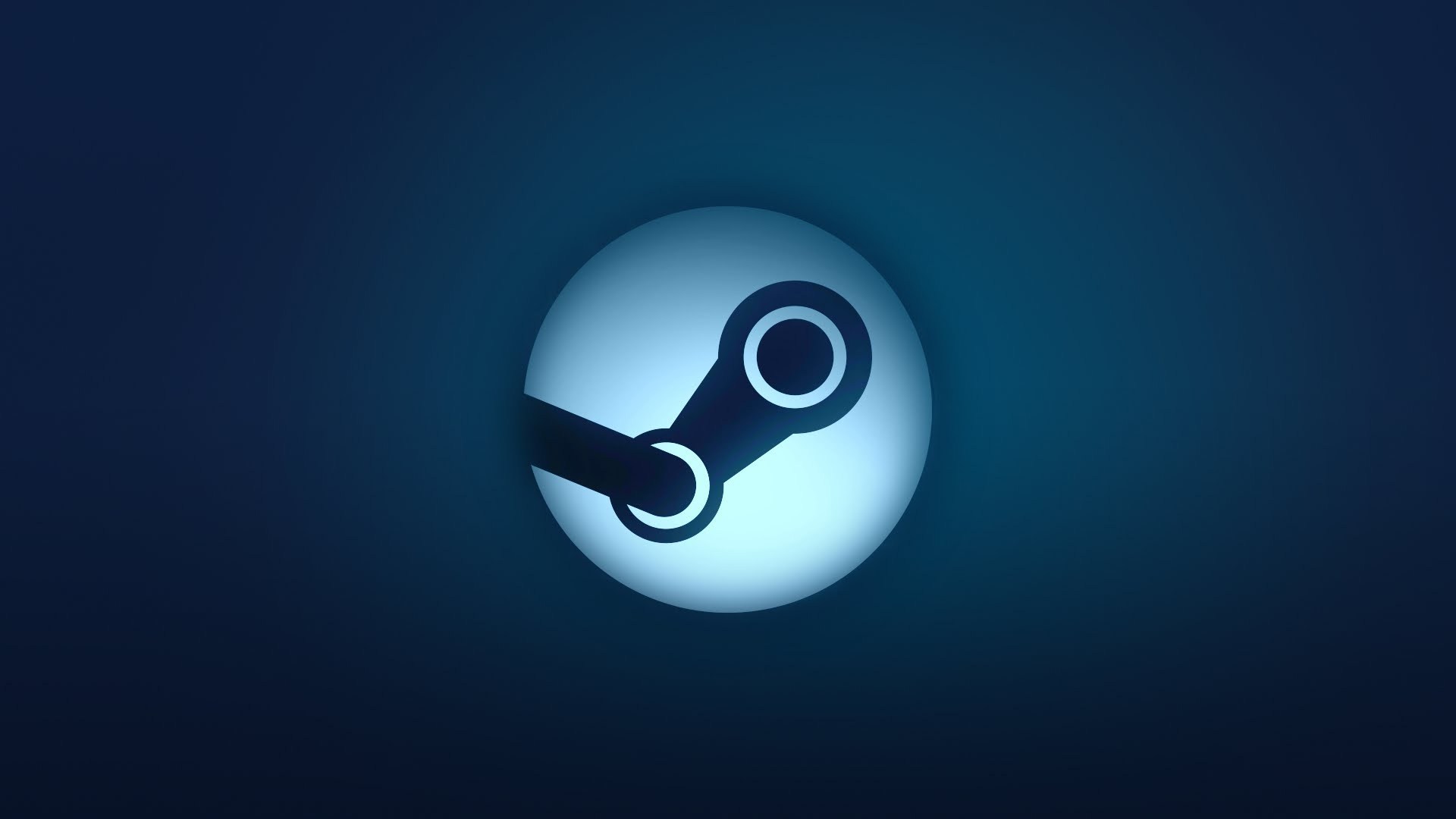
While Nintendo was refining its exclusive games strategy, the rise of Steam and digital distribution changed the landscape for PC gamers. In the early 2010s, Steam began to dominate digital sales, and many thought it would signal the end of exclusive games. However, Steam played a major role in the resurgence of exclusive titles by providing a platform where developers could reach a global audience directly. Unlike consoles, where exclusivity was a necessity for platform identity, Steam’s focus was on providing a wide variety of games, while still supporting developers who wanted to create exclusive content for the platform.
Valve, the company behind Steam, was one of the first to embrace this model, particularly with its own games. Titles like Half-Life 2, Portal, and Left 4 Dead were released exclusively on Steam, setting the stage for future exclusive digital experiences. These games not only demonstrated the potential of digital distribution but also showed that exclusive content could thrive even outside the console space. By being available only on Steam, these games attracted players who were eager to experience them, reinforcing the platform’s dominance in digital gaming.
This approach helped establish Steam as more than just a digital storefront—it became the go-to place for exclusive PC gaming experiences, drawing attention to how exclusive titles could drive platform loyalty and sales.
Why Exclusive Games Matter!

In conclusion, exclusive games are much more than a marketing tool—they are a vital component of the gaming ecosystem. For players, they represent a chance to experience the best of what a console or platform can offer, often delivering high-quality, well-optimized gameplay that can’t be found elsewhere. For investors, exclusive games are a way to drive platform sales, boost stock prices, and ensure long-term success in a competitive market.
Nintendo’s strategy of relying heavily on exclusive games has helped the company stay relevant and thrive, even in the face of shifting market trends. As we move further into the era of cross-platform gaming, the importance of exclusive games will only continue to grow, providing players with unique experiences and giving investors the confidence to support these gaming giants.
When we talk about console dominance, it’s not just about power specs or marketing. The true magic happens in a console’s exclusive library—the games you can’t find anywhere else. In fact, the strength of a console’s exclusive lineup is often the determining factor in whether it sinks or swims. Let’s dive into this with some real-world examples of how exclusive games shaped the success (or failure) of some iconic gaming consoles.
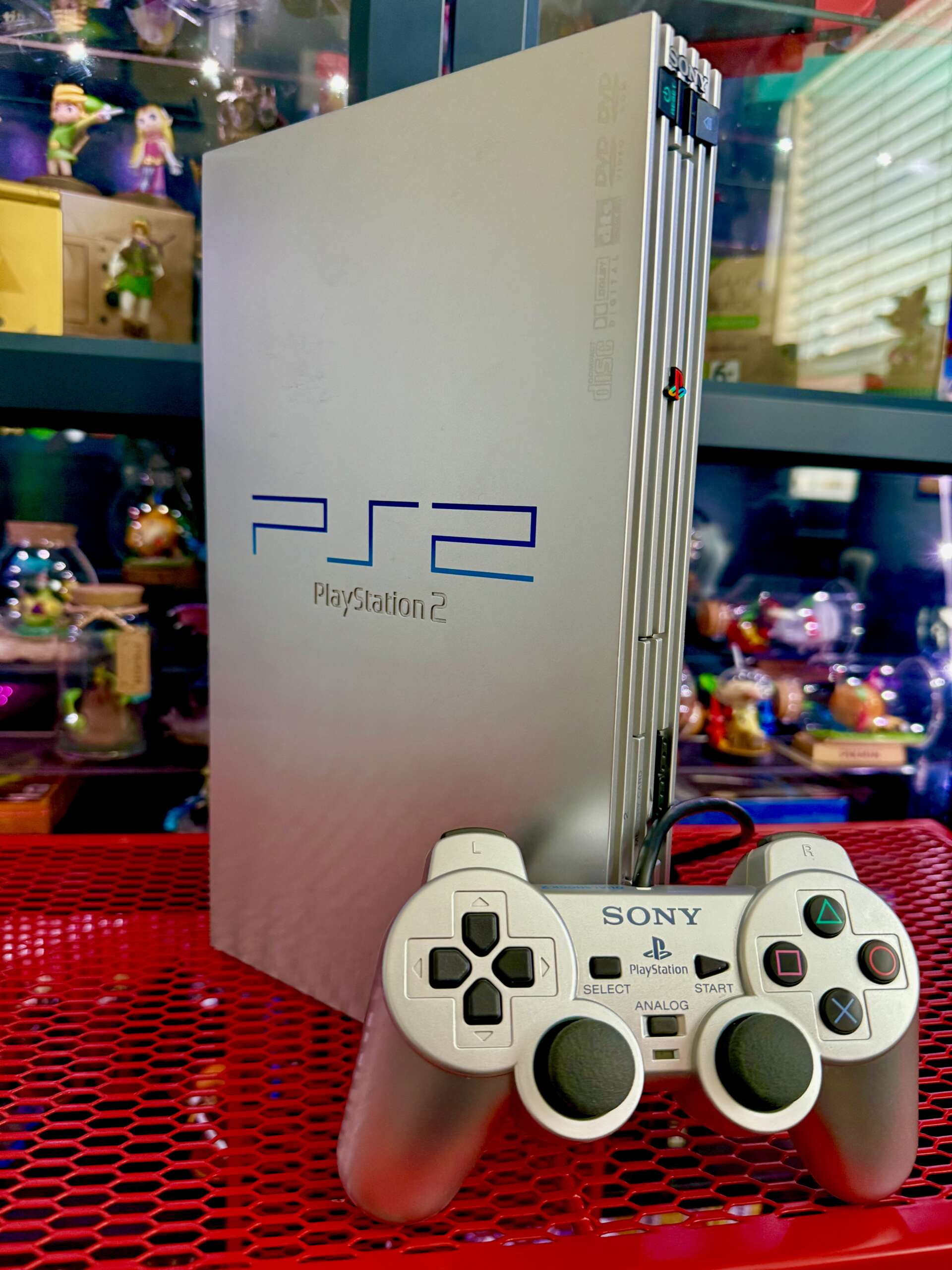
Let’s start with the PlayStation 2, which stands as one of the most successful consoles ever released. The PS2 wasn’t just a powerhouse in terms of hardware—though its performance was impressive for its time—it was the exclusive games that truly made the PS2 the king of the 6th generation. Titles like Grand Theft Auto: San Andreas, Final Fantasy X, Metal Gear Solid 2, and Gran Turismo 3 created an ecosystem that was unique to Sony’s platform. One standout example? GTA: San Andreas, which was initially exclusive to PS2 and became one of the best-selling games of all time. The success of GTA on the PS2 was pivotal—its open-world gameplay and dark storytelling were not something you’d experience on any other console at the time, making the PS2 an obvious choice for players.
But exclusivity wasn’t just about the big franchises. Sony’s investment in diverse genres—RPGs like Final Fantasy, action-adventures like Ratchet & Clank, and racing games like Gran Turismo—meant that no matter your taste, there was always something exciting for you. The PS2 didn’t just offer games—it offered experiences that made you feel like you had to own the console to keep up with the latest gaming trends.
Moving to the Sega Dreamcast—often seen as a console ahead of its time—the system’s fate was sealed not by lack of innovation but by Sega’s inability to nurture a long-lasting platform. Still, its library of exclusive games was exceptional and led to a small but fiercely loyal fanbase. Titles like Shenmue, Power Stone, and Jet Set Radio are still revered by gaming enthusiasts today. Shenmue, in particular, stands out as a groundbreaking open-world game with deep narrative elements, an ambitious project that made players feel as though they were living in a virtual world.
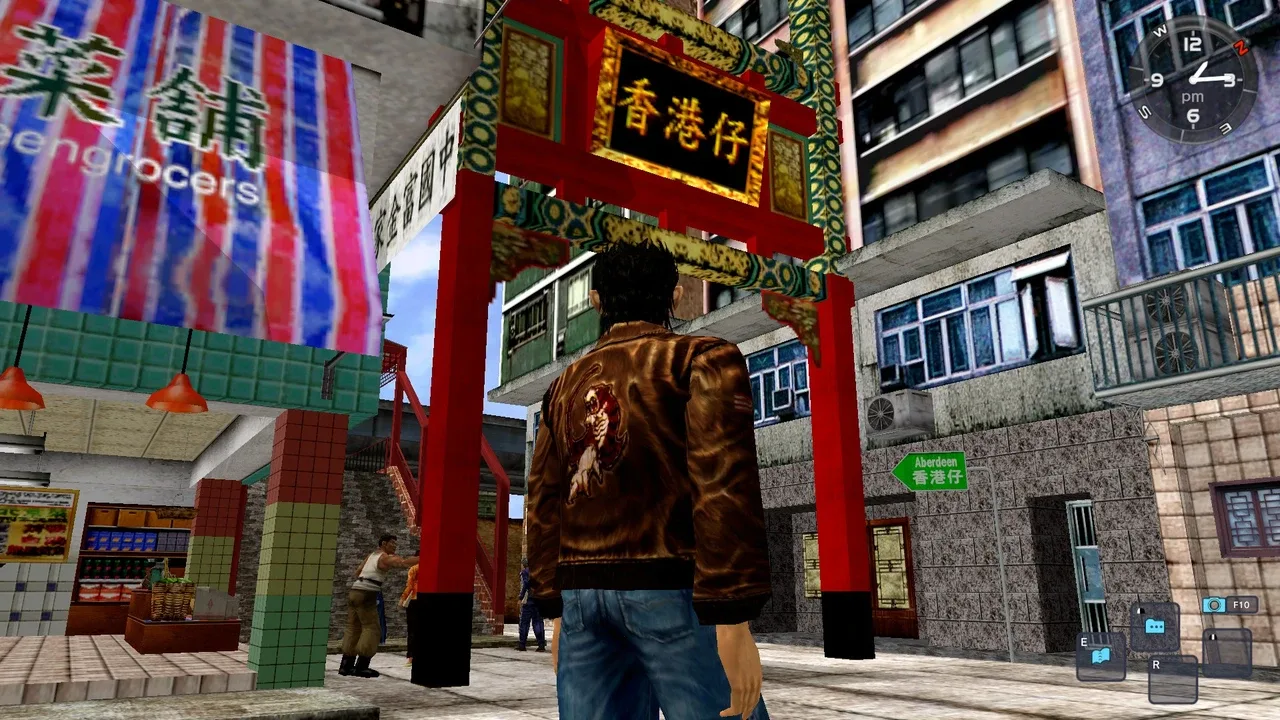
Today, the Dreamcast has found a new following, not due to mainstream popularity, but because of the cult status of its exclusive games. Shenmue is often cited as a pioneer of modern open-world games, and its influence can still be seen in newer titles, from Yakuza to Red Dead Redemption. The Dreamcast’s library may not have been large, but its high-quality, innovative exclusives gave it a place in gaming history that’s now being rediscovered by a new generation of players.
Sony’s PlayStation 3 generation saw a slow start with its high price point and tough competition from Microsoft’s Xbox 360, but it was exclusive games that helped Sony turn the tables. At the tail end of the PS3’s lifecycle, Sony began releasing games that showed the console’s true potential—titles like The Last of Us, Uncharted 3, and God of War 3. These exclusives were more than just games—they were technical showcases that pushed the console’s hardware to its limits, proving to players that Sony had mastered the art of crafting deeply immersive, narrative-driven games.
One title, in particular, The Last of Us, showed the world that a game could deliver an emotionally gripping story while also offering innovative gameplay. By the time the PS3 was nearing the end of its life cycle, it was clear that Sony had outpaced Microsoft in terms of exclusive content. The dramatic shift was evident, as the PS3 not only closed the gap with Xbox 360 but eventually surpassed it in terms of global sales, driven largely by the undeniable strength of its exclusive games.

Now, let’s talk about Xbox, especially post-Xbox 360. After a successful run with the 360, which was bolstered by solid exclusive games like Halo 3 and Gears of War, Microsoft began to falter with its later consoles. The Xbox One, in particular, suffered due to a lack of compelling exclusives, with a few high-profile games like Quantum Break and Sunset Overdrive failing to gain the traction of its competition. One of the key reasons Xbox faltered was that Microsoft shifted its focus away from producing exclusive content, choosing instead to focus on services like Xbox Live and the Game Pass subscription.
In contrast, Sony’s consistent release of quality exclusives—Horizon Zero Dawn, Spider-Man, Bloodborne—continued to propel the PlayStation brand. Xbox’s emphasis on hardware and services over game development allowed Sony to claim the throne. Gamers flocked to the PlayStation due to its exclusive content, and Xbox’s lack of similar releases left many players feeling like they were missing out.
It’s All About the Games and Passion

What we learn from this history is clear: exclusive games are not just a footnote in console wars—they are the heart of a console’s identity and appeal. Whether it’s God of War 2 on the PS2, Shenmue on the Dreamcast, The Last of Us on the PS3, or Halo on the Xbox 360, the games are what define these platforms, creating reasons for players to invest in a specific system.
In the ever-evolving world of gaming, console exclusives continue to be a deciding factor. Companies like Sony and Nintendo, with their strong library of exclusive games, are still leading the charge, while others like Microsoft are playing catch-up by focusing on acquisitions and expanding their game libraries. But at the end of the day, it’s the games that keep players coming back, giving them experiences they can’t get anywhere else—and that’s what keeps the console wars so fiercely competitive.
As the next generation of gaming arrives, one thing is for sure: exclusive games will continue to be the key to console dominance and I hope industry and we players will realize the importance of Exclusive Games.

